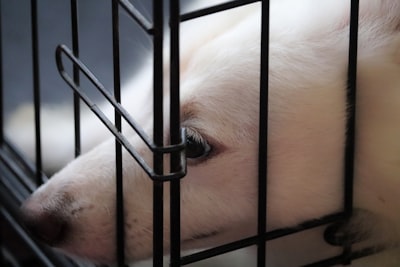When authorities dropped charges against the men accused of putting cats into a trash compactor, a visceral wave of public outrage swept through social media. This decision, seemingly at odds with growing societal demands for stronger animal welfare protections, raises urgent questions about legal accountability, prosecutorial discretion, and the limits of the current justice system.
Unpacking the Dilemma
At its heart, the controversy hinges on the apparent disconnect between legal outcomes and societal ethics. Animal cruelty is almost universally condemned, and cases that feature acts as deliberate and egregious as placing living beings into deadly machinery spark intense emotional and ethical reactions. Yet, criminal proceedings rely on strict evidentiary standards and procedural frameworks—sometimes resulting in outcomes that appear unjust to the wider public.
Why Do Charges Get Dropped?
Prosecutors may drop charges due to insufficient evidence, unreliable witnesses, or procedural missteps. Occasionally, plea deals or alternative resolutions are pursued to expedite justice or focus resources on higher-priority cases. In some jurisdictions, animal cruelty statutes drive less robust enforcement compared to other categories of crime, illustrating deeper structural issues.
| Perspective | Key Arguments | Potential Flaws |
|---|---|---|
| Animal Rights | Protects the vulnerable, reflects community ethics | May push for harsh penalties even when evidence is thin |
| Legal Defense | Upholds due process, avoids wrongful convictions | Can enable systemic leniency toward animal abusers |
Broader Societal Impact
The case shines a light on inconsistencies in animal cruelty enforcement and the growing disconnect between public sentiment and legal outcomes. Over the past decade, multiple high-profile cases have driven reforms, increasing penalties for abuse and raising both awareness and expectation for accountability. Yet, as this incident demonstrates, practice lags behind promise.
What Needs to Change?
The dropped charges illustrate a broader need: clearer laws, dedicated training for investigators and prosecutors, and stronger mechanisms to ensure animal protection statutes are enforced. Transparency, too, plays a vital role—public trust depends on understanding how and why such contentious decisions are made. Without reforms, similar cases will continue to erode confidence in the justice system.
Looking Ahead
Ultimately, the dropping of charges isn’t just a legal footnote—it’s a call to address gaps in the system, ensure that vulnerable creatures are better protected, and align judicial practice with evolving public values.
This article was inspired by the headline: 'Charges dropped against men who put cats into trash compactor'.

Comments
No comments yet. Be the first to comment!